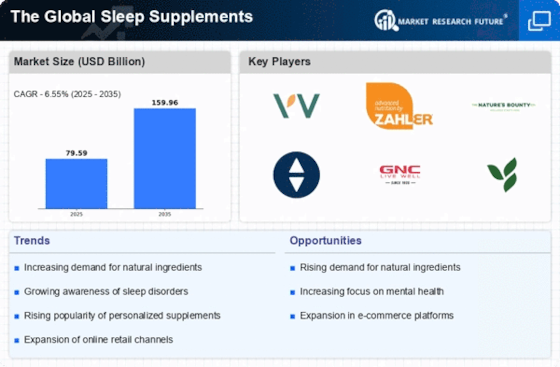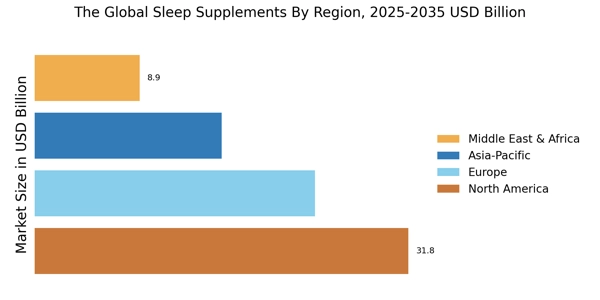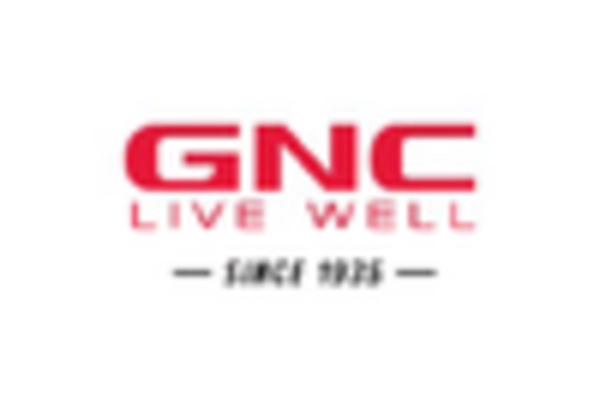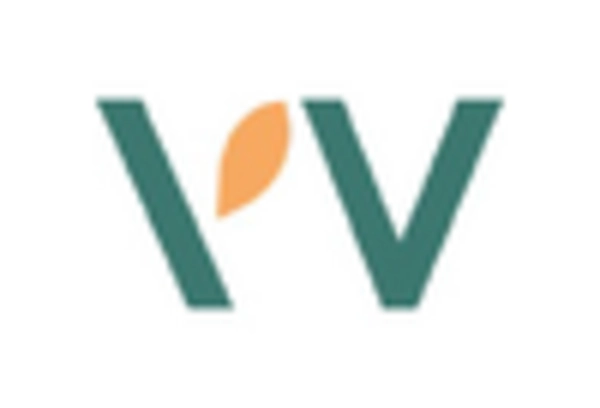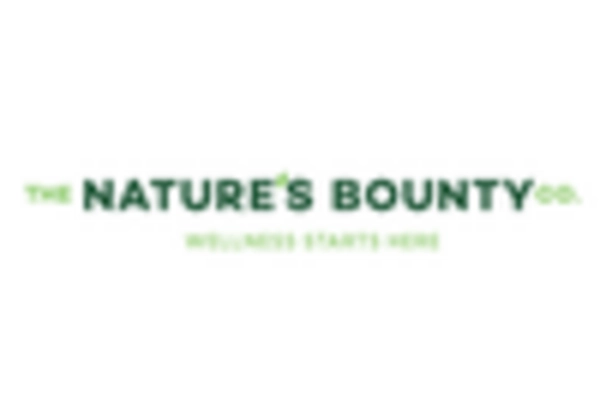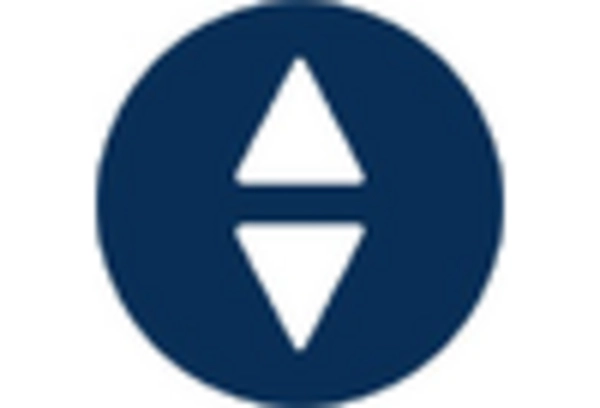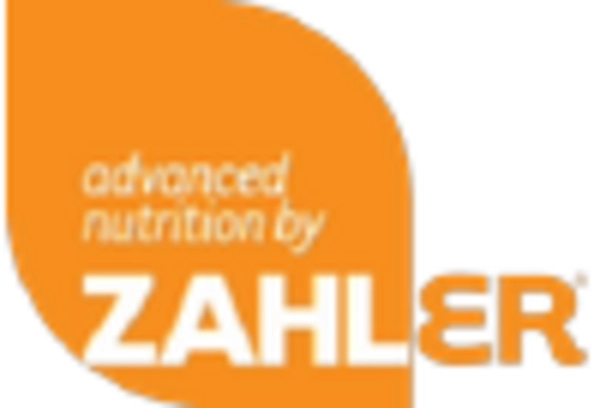Aging Population
The demographic shift towards an aging population is significantly influencing The Global Sleep Supplements Industry. Older adults often experience various sleep-related issues, including insomnia and restless leg syndrome, which can adversely affect their overall health. As the global population aged 65 and above is projected to reach 1.5 billion by 2050, the demand for sleep supplements tailored to this demographic is expected to increase. This trend suggests that manufacturers may need to innovate and develop products that cater specifically to the unique needs of older consumers, thereby expanding their market reach.
Rise of E-commerce Platforms
The proliferation of e-commerce platforms is transforming the way consumers access sleep supplements, thereby impacting The Global Sleep Supplements Industry. With the convenience of online shopping, consumers can easily compare products, read reviews, and make informed purchasing decisions. Data indicates that online sales of health supplements have surged, with e-commerce accounting for a significant portion of the market share. This trend not only enhances product visibility but also allows for a broader distribution network, enabling manufacturers to reach a global audience more effectively.
Increased Focus on Holistic Health
The growing trend towards holistic health and wellness is driving interest in natural sleep supplements within The Global Sleep Supplements Industry. Consumers are increasingly seeking alternatives to pharmaceutical sleep aids, favoring products that incorporate herbal and natural ingredients. This shift is reflected in market data, which shows a notable increase in the sales of melatonin and valerian root supplements. As individuals prioritize overall well-being, the demand for sleep supplements that align with a holistic lifestyle is likely to continue to grow, presenting opportunities for brands that emphasize natural formulations.
Growing Awareness of Sleep Disorders
The increasing recognition of sleep disorders among the population appears to be a pivotal driver for The Global Sleep Supplements Industry. As more individuals become aware of conditions such as insomnia and sleep apnea, the demand for effective sleep aids is likely to rise. According to recent studies, approximately 30% of adults report experiencing sleep disturbances, which has led to a surge in the consumption of sleep supplements. This heightened awareness is fostering a market environment where consumers actively seek solutions to improve their sleep quality, thereby propelling the growth of the industry.
Technological Advancements in Product Development
Technological advancements in product development are playing a crucial role in shaping The Global Sleep Supplements Industry. Innovations in formulation techniques and delivery methods are enabling manufacturers to create more effective and user-friendly products. For instance, the introduction of time-release capsules and gummies has made it easier for consumers to incorporate sleep supplements into their routines. Furthermore, research into the efficacy of various ingredients is leading to the development of targeted formulations that address specific sleep issues. This continuous evolution in product offerings is likely to attract a wider consumer base and drive market growth.


